Embodying the Universal in the Particular
An Actor's Experience
This week we’re publishing new writing and multimedia about the twenty-one-year artistic collaboration between Pregones Theater and Roadside Theater. The collaboration bridges two vast geographies and cultures, Puerto Rican and Appalachian, and two distinct aesthetics. Our series explores the creation of BETSY!, a musical about a Bronx Jazz singer and performer uncovering the secrets of her family’s history. Join us for discussion with artists and scholars about creating works of art that probe beyond clichés into the frayed ends of American pluralism. —Jamie Haft and Arnaldo J. López
When I ran away from home at age nineteen, it wasn’t to become an actor. It was to survive the harshness and limited choices my family life was offering. I wanted to sing and dance for a living, but my family wouldn’t countenance the idea. None of our kin had ever done anything like that. I soon stumbled into dancing for the nationally syndicated show Soul Train as one of its first Latinas. Through that exposure, I became a professional back-up vocalist for such stars as David Bowie. It was amazing money for a twenty-one-year-old. But after the initial rush of world tours, it started to become almost tedious—always standing in the background and staring out at the prospect of keeping my figure and face young for years to come. I returned to college to pursue acting, formalized my singing and dancing training, and was fortunate enough to eventually reach the Broadway stage.
Through my experiences, I have come to believe that every role comes just at the right time for me to play it. But at the same time, I know it will make me uncomfortable in some way. In that discomfort exists the challenge I must tackle as an artist. Like life itself, I find acting not a purely joyous experience.
These women make no apologies and have no self-pity. They possess unfiltered hope of making a life within the confines of survival—of war, hunger, abandonment, and all the harshness that accompanied the majesty of an unspoiled American wilderness.
In the musical BETSY!, I play Spirit, who shifts shape throughout the first act into Betsy’s female line of ancestors fighting for identity and a measure of freedom on the American frontier of European colonization. In the second act, Spirit settles on being Betsy’s dead mother to reveal fresh family secrets—and perhaps to heal her own ghostly heart.
When I joined the creative team for an early production in 2006, my tears flowed as I portrayed each woman in rehearsal. These women make no apologies and have no self-pity. They possess unfiltered hope of making a life within the confines of survival—of war, hunger, abandonment, and all the harshness that accompanied the majesty of an unspoiled American wilderness. I felt each woman’s presence through her music and words, their will to survive for their children, and for a future better than they would ever expect to experience.
The acting challenge is to portray each of my characters simply and purely, searching for their truth before turning to the actor’s stock in trade—emotion. I don’t have to be Irish to understand the feelings of the play’s first Betsy, a fourteen-year-old milkmaid tricked into leaving Ireland for indentured servitude in America. Being Puerto Rican and Cuban, I know the effects of colonialism and how an attachment to land pulsates in our hearts and music, helping us to survive hard times. In BETSY! the particular cultural experience of Betsy’s ancestors becomes a hard-earned universal human experience.
Like Betsy, I have had to piece together my own family story, of meeting my own mother’s mountain people in Puerto Rico much later in life, with my own spirits traveling in tow. And like Betsy, I found my own poetic language to embrace my story and begin to spin the thread that is family:
Stolen from monkey bars
Unsealing corner cigars
I weep
As I meet one by one,
Tall and brown elders
And told they are mine
Tall and brown elders
Still livin’ la revolución that pines away
At a stake of wood in the ground
And the sound of banana leaves having their say
Their round table
Their bleeding heart of green mountains and peasant fables
Worn as shawls
Bathrooms with no walls
Dark soil grips on chocolate hands
They claim this land
Cheating sunrise with their sweat
With their small minded chatter
With the mad lather of ancients on their breath
As they stare into my stranger's eyes
And they sigh
For I betray their dreams
My face seems too vague
But they are mine
Son míos
Or so I am told
We are both swept
Unwillingly
Into an awkward meeting
Of a gentler time
All of it bearing my name
And the stains
Of one more island girl come home...

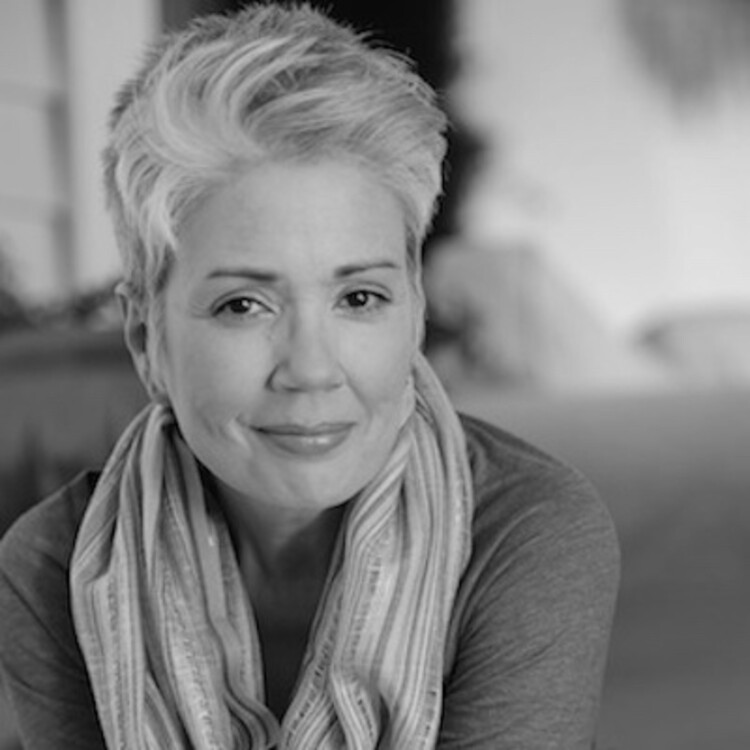
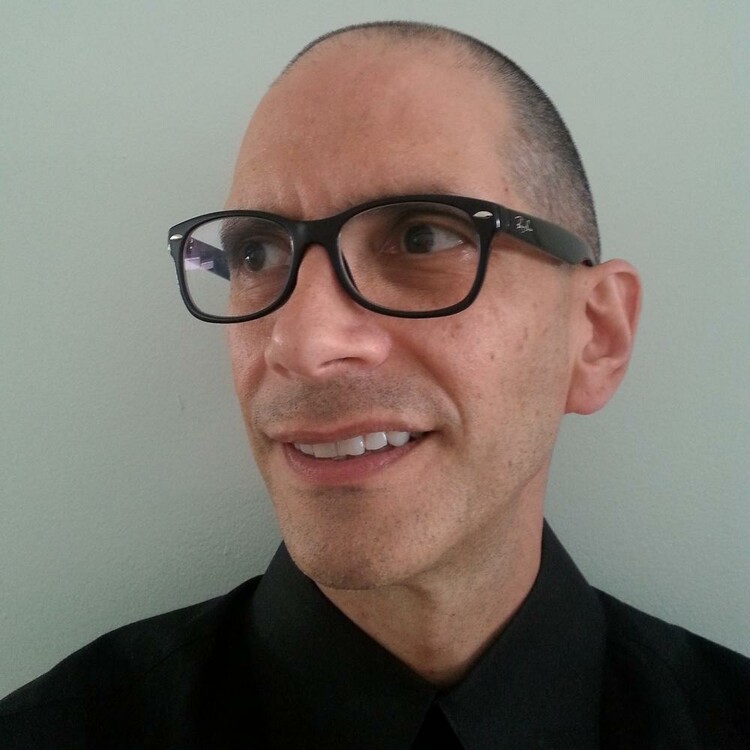
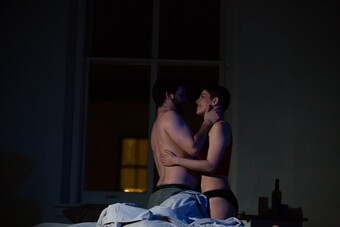


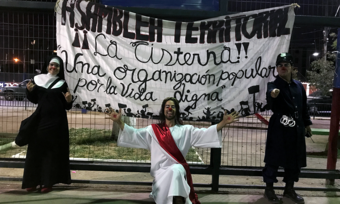




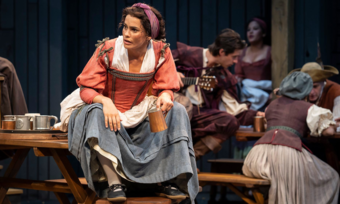

Comments
The article is just the start of the conversation—we want to know what you think about this subject, too! HowlRound is a space for knowledge-sharing, and we welcome spirited, thoughtful, and on-topic dialogue. Find our full comments policy here